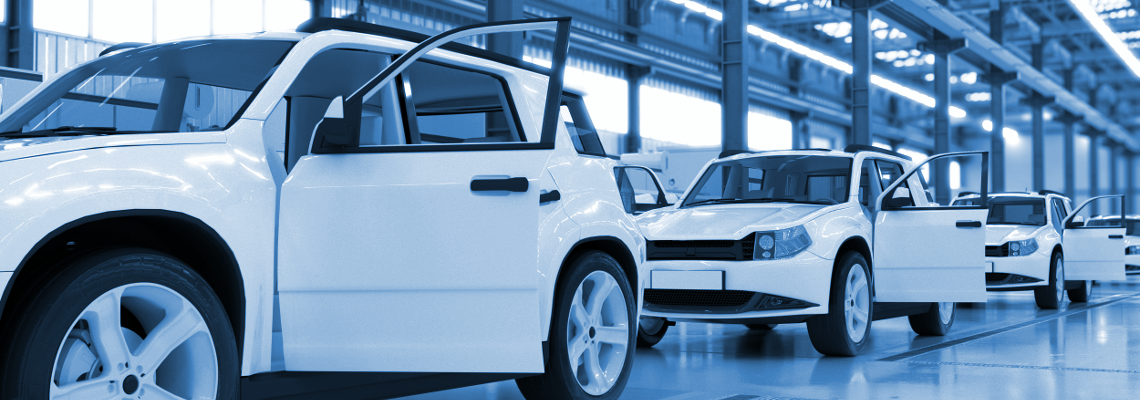Kia To Offer Corporate Clients Custom EVs
Kia is launching a new range of EVs that can be easily modified to meet different interior and design needs and will begin selling a mid-size van in Korea in July. The company is currently in talks with about 100 companies in the transportation and logistics industry. Although global EV sales are currently sluggish, Kia hopes to develop a new revenue stream by promoting the fact that the specifications of these vehicles can be changed to suit the needs of different industries.
“We have opened up a new paradigm with our customized EVs.” The CEO spoke with great enthusiasm at Kia’s EV Day event in Spain. The company unveiled the first production model of the “PV5,” a mid-size van that is the first in a series of independently developed EVs called “Platform Beyond Vehicle” (PBV).





